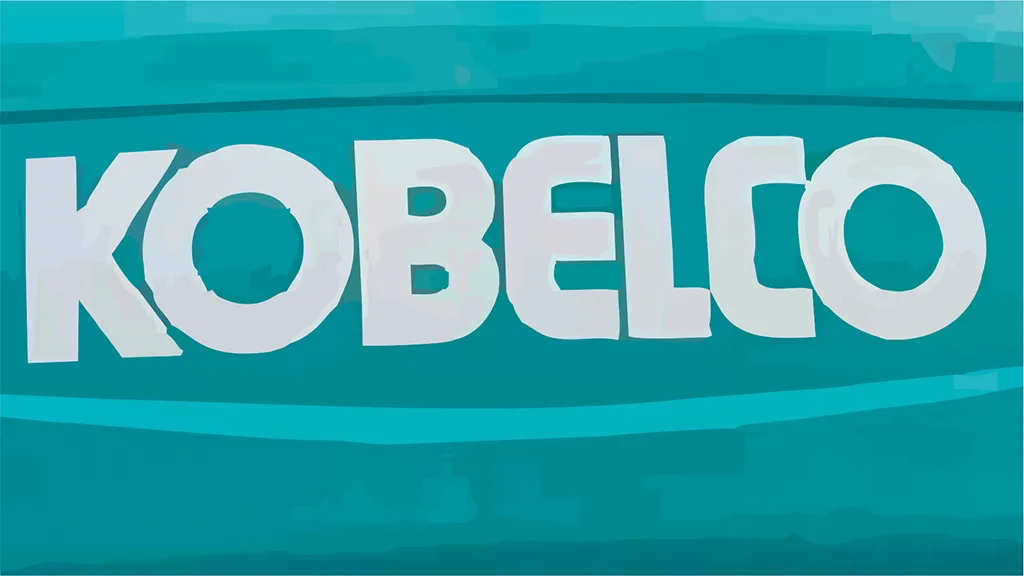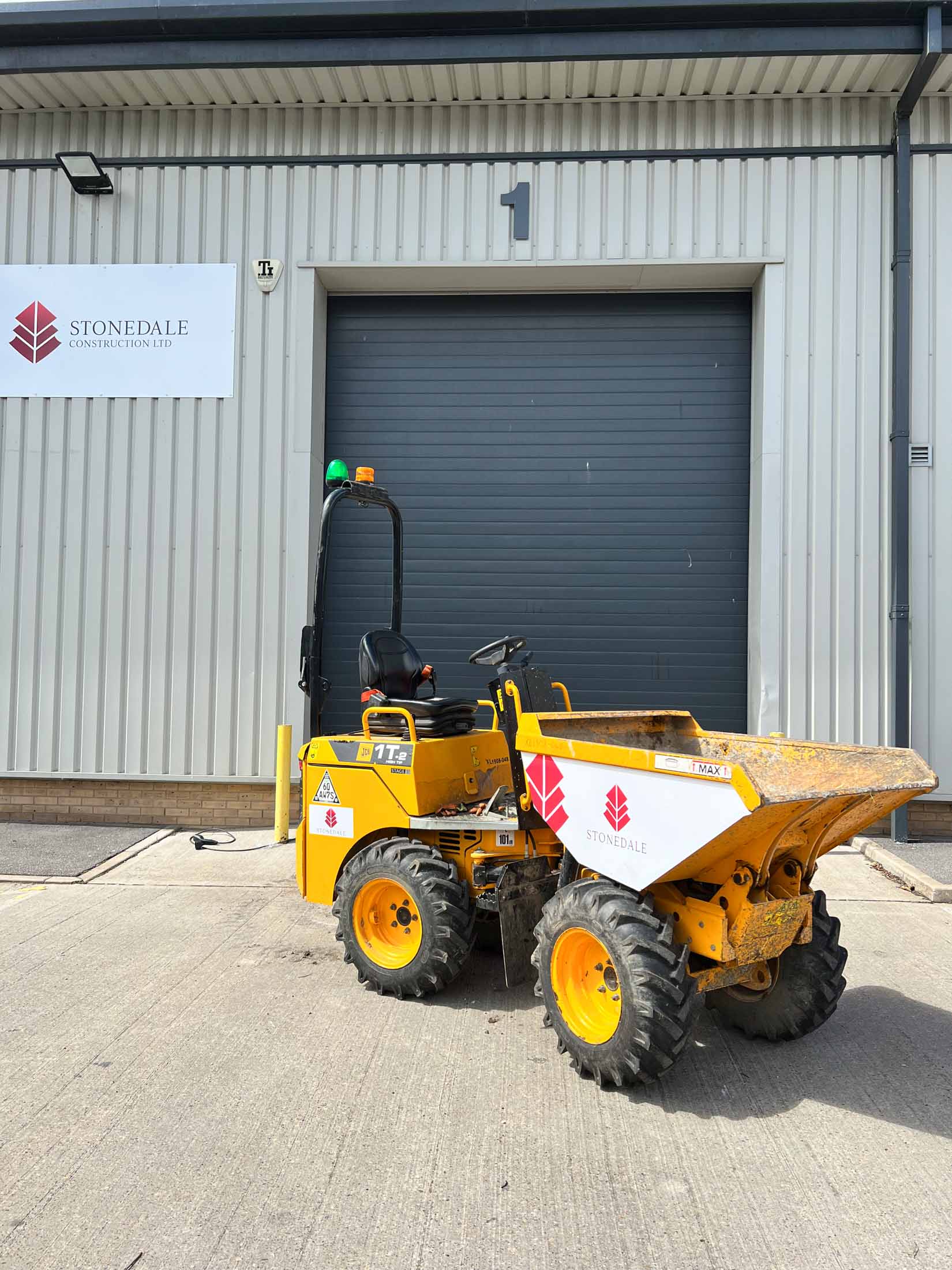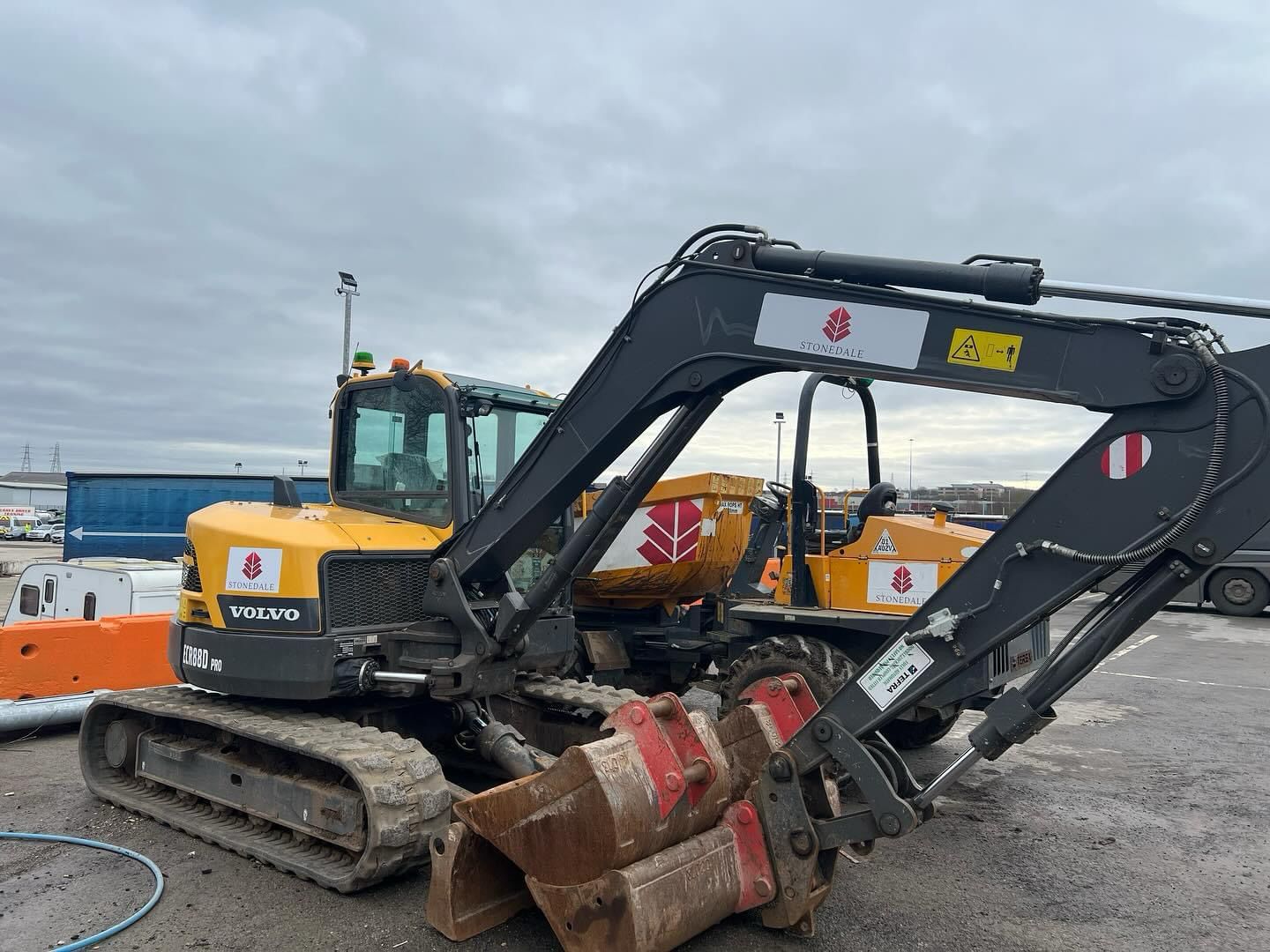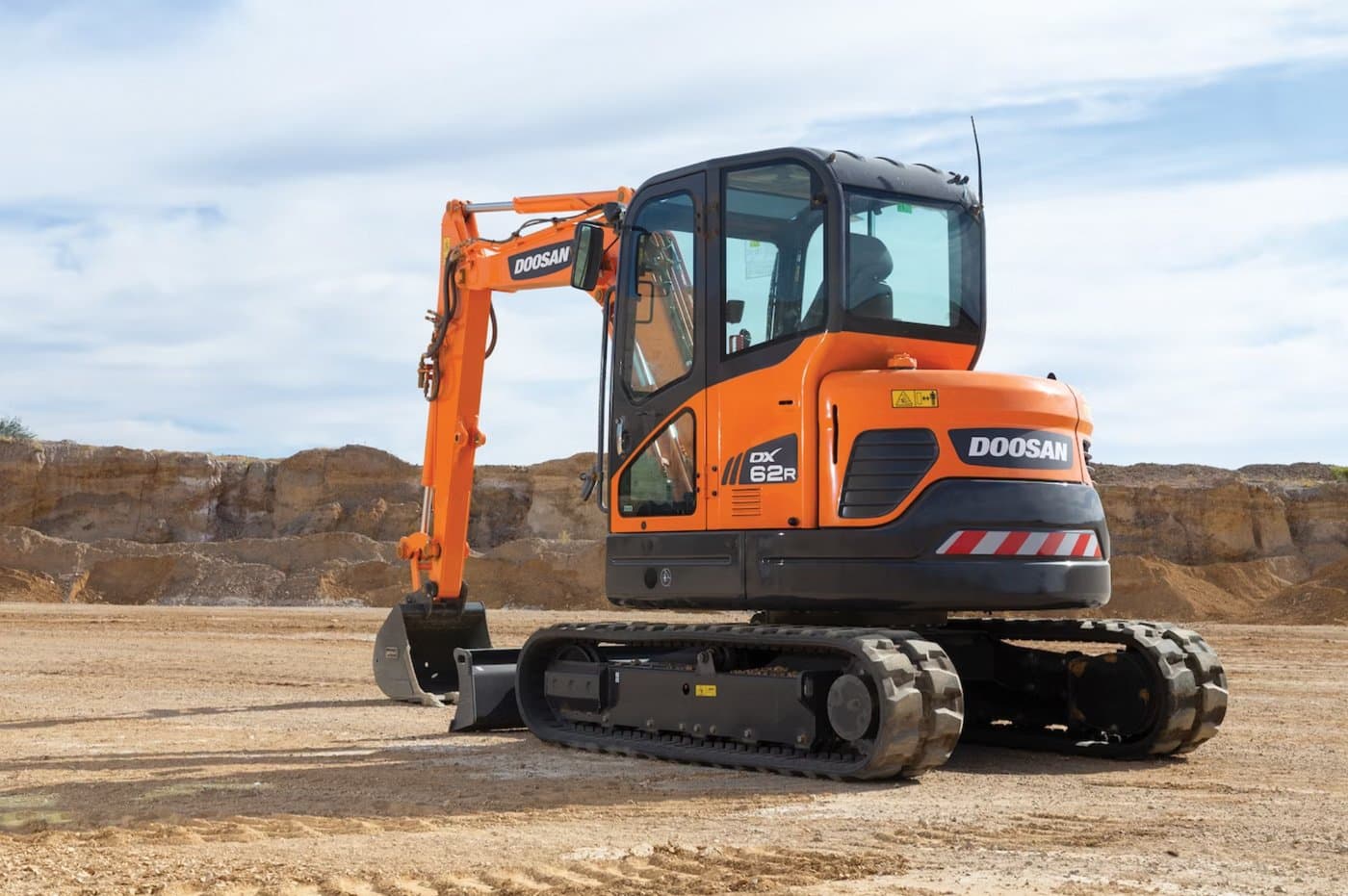How Does Plant Hire Work?
How Does Plant Hire Work? - Comprehensive Guide
Plant hire, also known as equipment rental, is a service industry that provides machinery, equipment, and tools of all kinds and sizes (from power tools to large construction equipment) for a limited period to final users, mainly construction contractors, the public, and other businesses.
Here’s how the Plant Hire process typically works in detail:
Selection of Equipment
Customers, whether businesses or individuals involved in construction projects, begin by selecting the necessary equipment based on their specific needs. This selection is crucial as it impacts the project’s efficiency and effectiveness.
Plant hire companies typically offer various machinery, including diggers, excavators, dumpers, rollers, forklifts, compressors, and telehandlers, each suited for different tasks and project scales.
Consultation and Expert Advice
Many plant hire companies provide expert advice to ensure clients select the most appropriate equipment for their projects.
This may involve discussing the project details, such as the nature of the job, the site conditions, and the duration of the hire.
This consultation ensures customers get the most cost-effective and suitable machinery, avoiding underutilization or overcapacity.
Terms of Rental
Once the equipment is selected, the rental terms are agreed upon. This includes the rental period, which can range from a day to several months, and the cost, which may vary based on the rental duration, the type of equipment, and other factors like delivery charges.
Rental agreements will also cover other aspects such as insurance, damage liability, and cancellation policies.
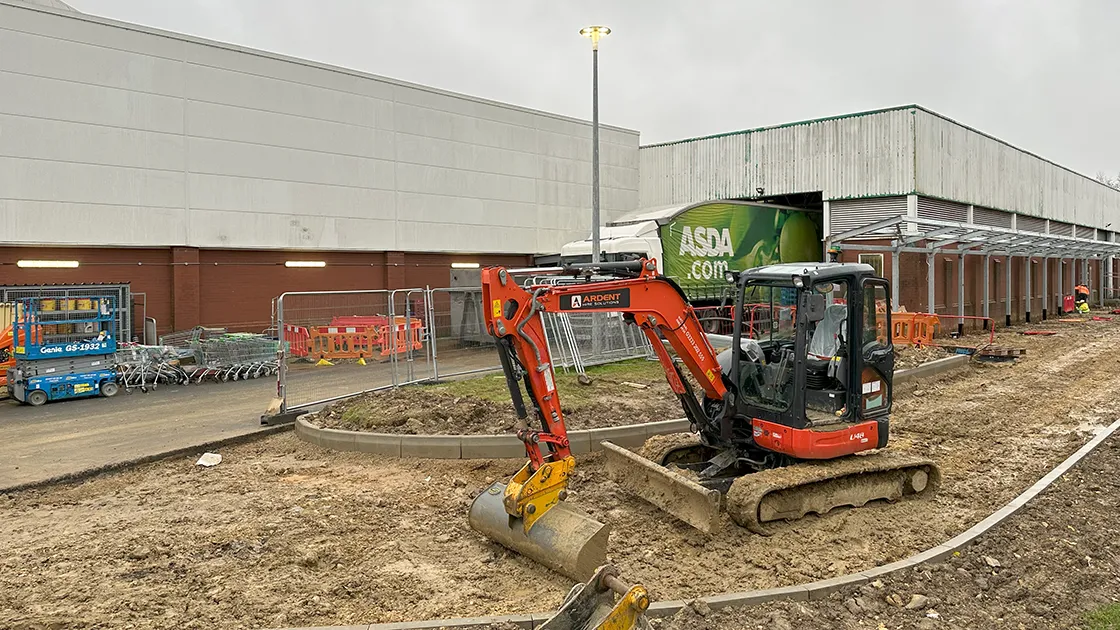
Delivery and Setup
The hired equipment is then delivered to the customer’s construction site or required location. Some plant hire services include the setup and installation as part of the rental agreement, ensuring that the equipment is ready for immediate use.
This service is particularly important for complex machinery that requires professional handling to operate safely and efficiently.
Maintenance and Support
Throughout the rental period, the plant hire company remains responsible for the maintenance and repair of the equipment unless otherwise specified in the rental agreement. This arrangement relieves the customer from the burden of servicing the machinery, which can be costly and time-consuming.
Additionally, many companies provide 24/7 support to address any operational issues or emergencies that may arise.
Training
Plant hire companies often offer training sessions for customers’ operators for equipment that requires specialized knowledge or skills to operate.
This training ensures that the machinery is used correctly and safely, minimizing the risk of accidents and maximizing productivity on the job site.
Return and Feedback
The equipment is returned to the plant hire company at the end of the rental period.
Some companies offer the option of picking up the machinery directly from the site, which adds convenience for the customer. After the return, feedback may be requested to improve future rental experiences and address any concerns arising during the rental period.
Plant hire is an effective solution that provides flexibility and cost savings for construction projects. It allows companies and individuals to access modern and well-maintained equipment without the heavy investment required to purchase and maintain such machinery.
Plant Hire supports optimal resource allocation and enables access to the latest technologies in the field, contributing to more efficient and effective project completions.
Search and Find Plant Hire Near You
- {{ listingType.name }}
- prev
- next

